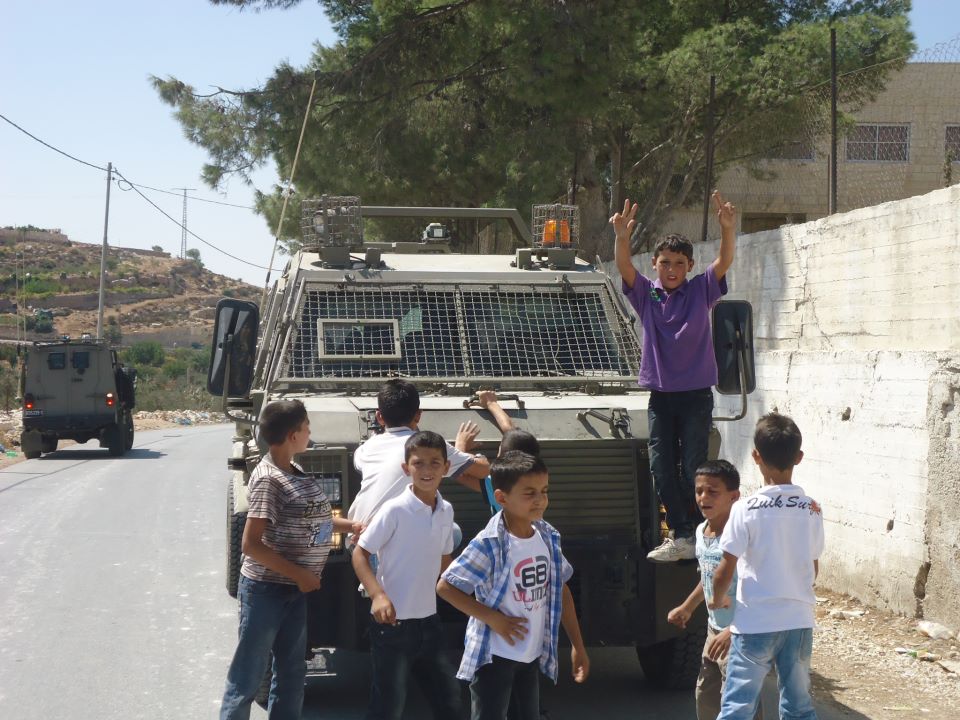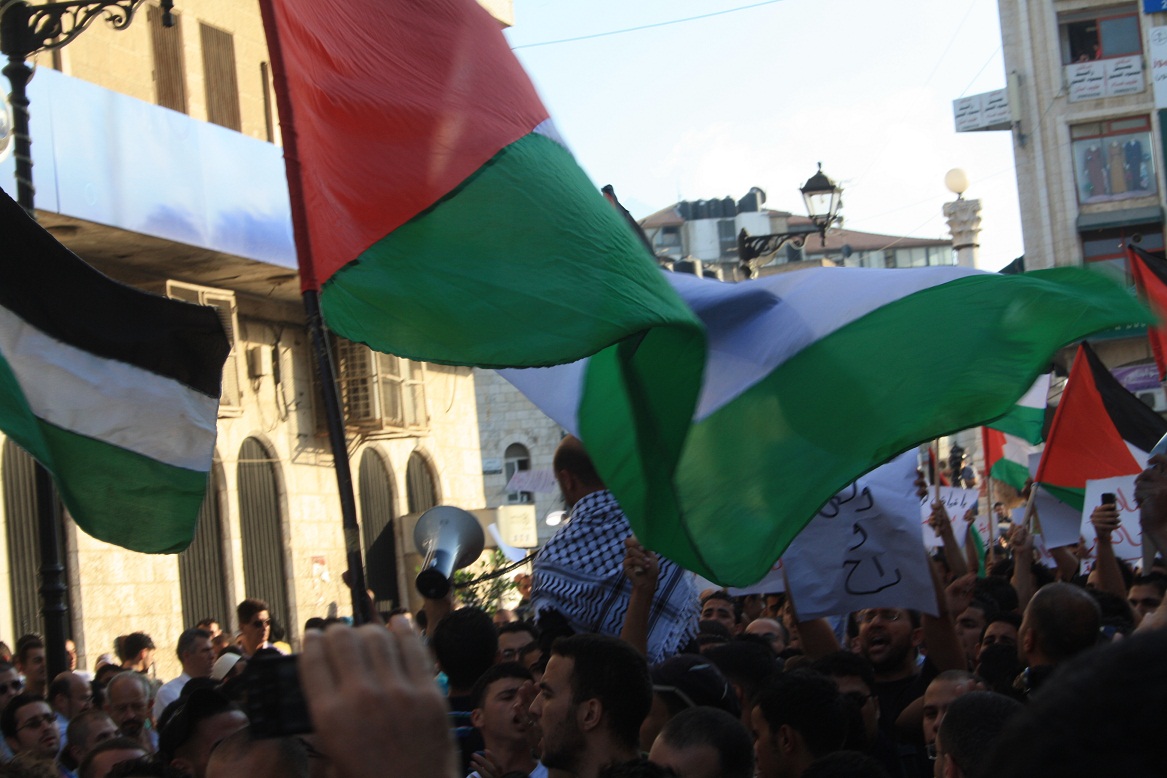Stop the Wall in cooperation with the Right to Education Campaign and the Folk Art Center and Youth Parliament Salfit participated in voluntary work in Wadi Qana.
They cleaned agricultural land and helped the farmers with irrigation of trees, maintenances work on the farm and cleaning the area of trash. The voluntary work in this area is to shed light on the problems in the Wada Qana area. The day was full with different activity. Participants got to listen to the experience of the young farmer Muntasir Mansour, a student at An Najah National University and a resident of Wadi Qana. He explained to them how to make a living off the land and the problems he has with the settlers surrounding the valley. Wada Qana is one on the most beautiful areas in the West Bank.
The valley was once famous for its lush nature, its water resources including eleven springs and fertile agricultural lands. It has ten thousand dunum of land used mostly to grow citrus trees. Before the occupation, the springs in Wadi Qana served as the main water resource for agricultural, animal and human needs in the area.Today Wadi Qana is to be completely isolated by the Wall. It is surrounded by 9 settlements with a total population of over ten thousand settlers. Most of its springs are unusable because of the pollution caused by the untreated waste and sewage water that are dumped into the lands and the waters from the settlements.




